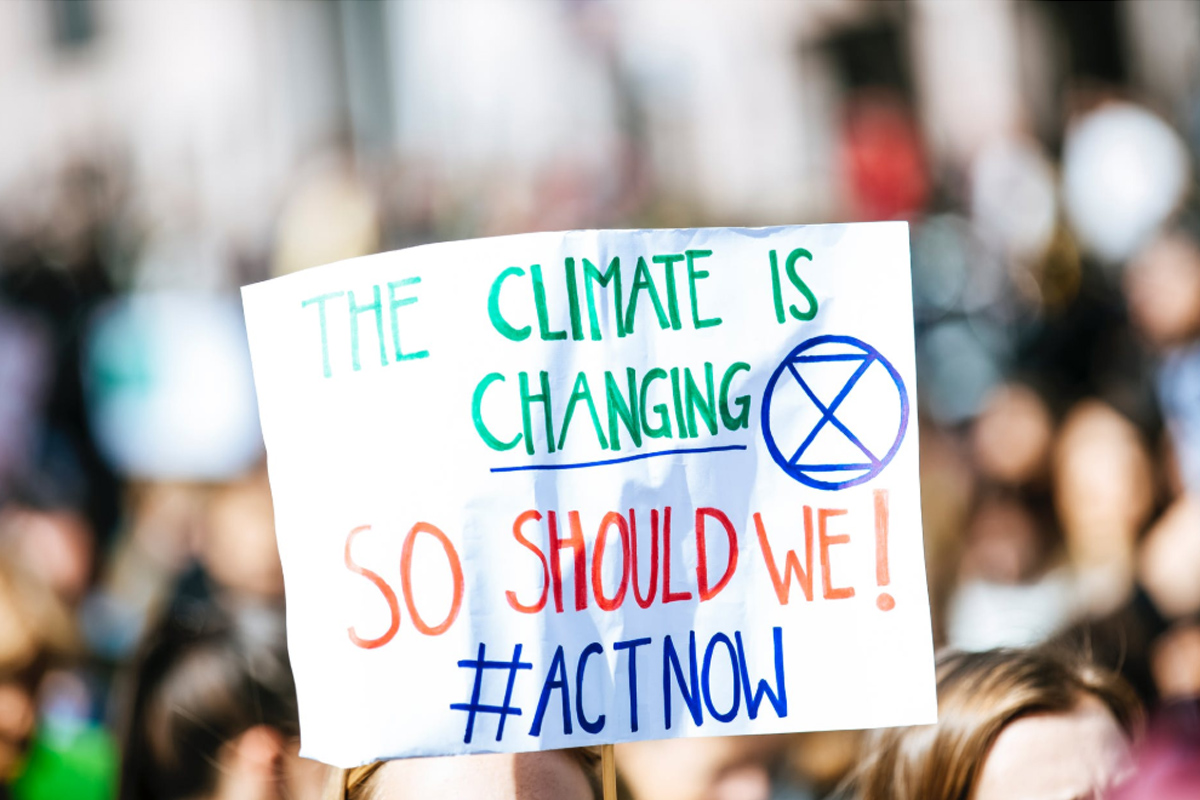Sustainability has many facets.
But it looks like climate change is the hands-down winner for the holiday sustainability hot topic (pardon the pun).
So, how do we respond as an industry to this growing global concern? And what is HERA doing to assist?
The catastrophic Australian fires and recent smoke impacts on New Zealand have brought the focus of many dinner conversations (and social media rants, including my own) to climate change. It feels like there is an increasing sense of urgency around the very tangible impacts of climate change.
Now, I know there are still climate change sceptics (including some in some very influential positions). But there is no denying that there is increasing focus on climate change.
This focus is coming from shareholders (think of the 2019 investor pressures on Shell, Equinor and BP). It also comes from voters (Australians have responded very negatively to Morrison’s handling of the bush fire catastrophy. Heated discussions are taking place about the role of climate change).
And also consumers (refer to the Argentinian soy and cereal producers. They’ve recently launched a carbon neutral program to retain agricultural markets).
It also comes from the media (with recent Stuff and NZ Herald articles on embodied carbon in our building stock). So, it would seem detrimental from a business perspective to not address these concerns.
Steel and sustainability
HERA’s work on assessing the economic contribution of steel to the NZ economy based on the Living Standards Framework showed we perform strongly. Particularly against financial capital, human capital and social capital measures, which contribute to intergenerational wellbeing. We also perform well in some key aspects of the natural capital measures, particularly life cycle analysis, resilience and recyclability.
Steel certainly has an important role to play in the future of renewable energies. From wind, to geothermal to wave and in the resilience of our infrastructure (from bridges to buildings).
However, there is no denying that steel is a carbon contributor. And we need a strategy to address this that is transparent and understood by our Government, shareholders, the media and our community.
We need to understand the longer-term options for replacing carbon as the reductant in steel making. And, we need to understand what we can do in the meantime to improve our performance.
The steel industry, like many others, has its sustainability challenges and we are keen to improve our performance.
What is HERA’s role to play?
We are not a spokesgroup for steel manufacturers. They will need to identify and communicate their plans for reducing carbon emissions through the steel making process directly.
We note that BlueScope Steel (parent of New Zealand Steel), has recently announced commitments to Responsible Steel Certification. They have a year on year aggregated emissions intensity reduction target of 1% year on year.
Victoria University researchers led by Dr Chris Bumby, are also developing technology to address this using hydrogen as a reductant. This is specifically for the uniquely New Zealand steel making process based on iron sands as the key iron input. The research has had positive outcomes at small scale. Further work is required to investigate feasibility for scaling this up to manufacturing scale.
Our role is to stimulate innovation to future-proof our industry. That’s why we’re currently leading two key carbon initiatives in 2020. These investigate the opportunity for zero carbon steel building products in Aotearoa, and accounting for and offsetting our own carbon emissions. We will be working with thinkstep to help us with these projects.
Zero carbon steel in Aotearoa through offsets?
With the will of the industry and consumers this can be possible. While the focus should always be on eliminating carbon, until the technology exists to do that, offsetting is important.
Our collaboration with ThinkStep will see us investigate the feasibility of a robust carbon offsetting porgram for the steel sector within New Zealand. Given our diverse membership who have a range of product types using a mix of local and imported products, we will take a staged approach.
We are also investigating the option of including stainless steel. An overlying program will be investigated, under which specific rules will be developed for each sector as required. We are currently working with some sister membership organisations and individual suppliers to scope and commence this project.
Excitingly, we’re seeing many positive steps towards going carbon neutral within our membership. Kernohan Engineering, a great example. Recently they went through a process of calculating their carbon footprint and working with Ekos to offset these. We did a case study on this for the Sustainable Steel Council, which opened our eyes to how simple and affordable this can be.
So simple and affordable, that we plan to go through a similar process and share our learnings with you all in detail.
Hopefully, this will inspire more of our members to go through a similar process.

The New Zealand Sustainable Steel Council (SSC) re-established and re-branded in 2019, with our CEO Troy Coyle elected as the Chair. Check out their new website, and specifically this HERA paper.
The SSC is in the process of establishing a sustainable steel certification program, which links to Green Star points. Let us know if you would like to participate in this scheme become a SSC member and start the journey!

